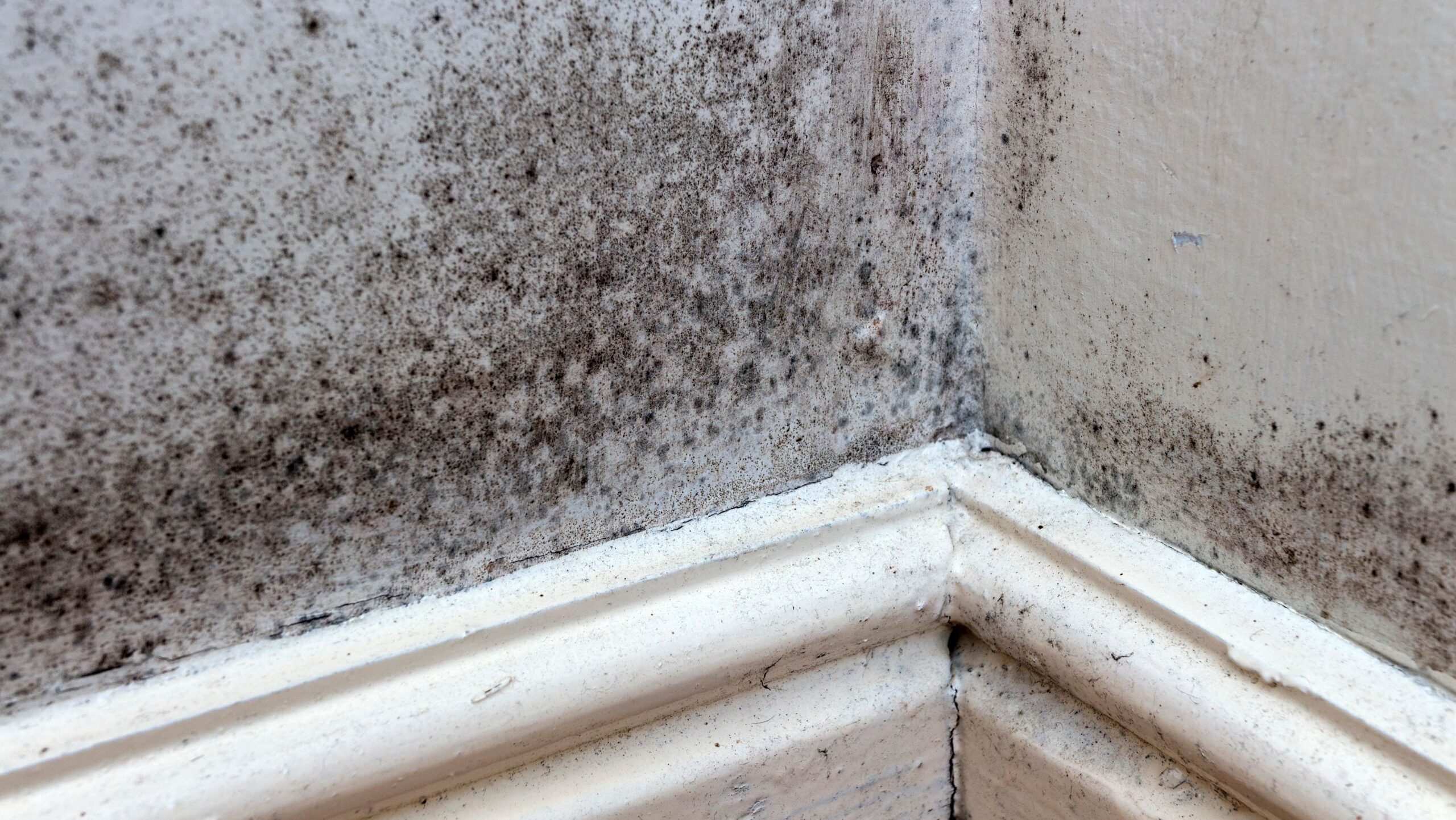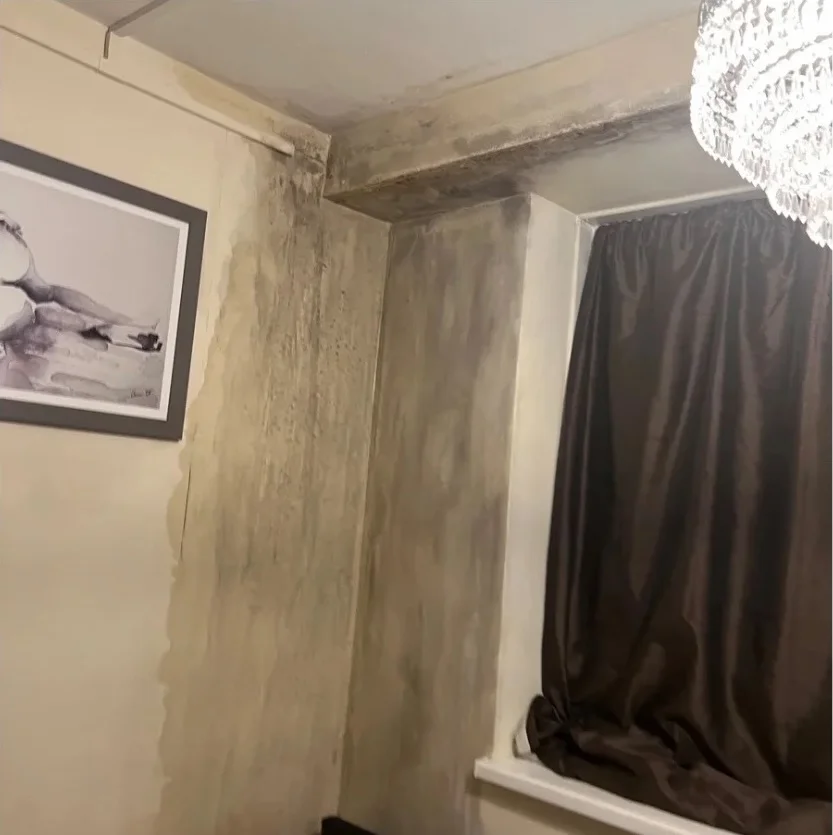Exclusive: Over 800 Croydon Properties Still Dealing with Damp and Mould, Four Years After Regina Road Scandal Shocked the Nation
Hundreds of “slum-like” homes in a London borough remain plagued by damp and mould, despite the local council being removed from special measures by the housing regulator, The Standard has learned.
According to data obtained through the Freedom of Information Act, at least 824 properties in Croydon, South London, still have unresolved moisture and mould issues that the council has yet to address.
Figures from online prescription service UK Meds show that complaints about damp and mould surged by 16% last year, rising from 222 in 2023 to 260 in 2024. Despite this, the Regulator for Social Housing chose to remove Croydon Council from special measures last month, four years after the Regina Road scandal, which shocked the nation.
Complaints about disrepair were repeatedly ignored by the council, leaving residents to live in conditions so poor that homelessness charity Shelter described them as the worst housing they had ever encountered. An independent inquiry, conducted by Ark Consultancy, later revealed that the health of tenants was put at risk and found that Croydon Council had failed in its duty to protect them.
After £100 million was allocated to improve housing standards in the area, the Regulator for Social Housing (RSH) lifted the special measures notice. The regeneration project, which includes the demolition of the Regina Road tower blocks, will create at least 225 new council homes, along with green spaces and a playgroup.
The RSH noted significant improvements in how the council’s housing department is delivering services. These include upgrades to boilers, lifts, and kitchens, along with training for staff in areas such as fire safety and customer service.
In an internal memo sent to council staff, Director of Housing Susmita Sen called the removal of the regulatory notice “a milestone.”
She stated: “While lifting the regulatory notice marks a significant turning point, it is just the first step. We have made great progress, but there is still much more to be done. We are thankful to everyone who has contributed to our success so far. Let’s continue moving forward to provide our residents with high-quality housing and services.”
However, Dr. Alexis Missick, a GP working with UK Meds, emphasized that more action is required to tackle the ongoing problem and warned that mould should be treated as a serious health risk. She explained: “Prolonged exposure to damp and mould can lead to persistent coughing, wheezing, and skin irritation. In more severe cases, it can cause long-term damage to lung health.”
“We urge councils, landlords, and tenants to prioritize early prevention, proper ventilation, and quick intervention when mould is detected.”
No one should have to pay for housing that makes them sick – Jae Vail
Jae Vail from the London Renters Union commented: “No one should have to pay for housing that makes them sick. Public housing was meant to offer an alternative to slum conditions. Yet, after years of neglect, social and council tenants are stuck living in unsafe conditions, while exorbitant private rentals are built right next to them.”
A spokesperson for Croydon Council responded: “While the data indicates a large number of ongoing repairs, this figure is proportionate to the size of Croydon, the most populous borough in London, and reflects the volume of social housing we manage.
“Addressing damp and mould is a top priority for us. We’ve made significant improvements in how we handle reported cases. Since April 1, 2023, we’ve been tracking damp and mould issues under a separate repair category, with clear targets in line with the requirements of Awaab’s Law. This system helps us monitor and ensure these cases are followed up properly.
“In the last two years, like many other local authorities, we’ve seen an increase in damp and mould complaints, largely due to increased media coverage and better communication with residents about the importance of reporting these issues.
“We’ve set up a dedicated team to focus on damp and mould, streamlined our repair processes, and trained our staff to better assist residents. We also offer advice to prevent damp, such as adding extra ventilation, and are investing £32 million in home improvements in 2024/25, with another £42 million planned for 2025/26.
“We’re also preparing for the implementation of Awaab’s Law to ensure faster and more consistent action. While we know there is still much to do, we’re committed to improving our housing services and better supporting our residents.”
Source – The Standard, June 2025




